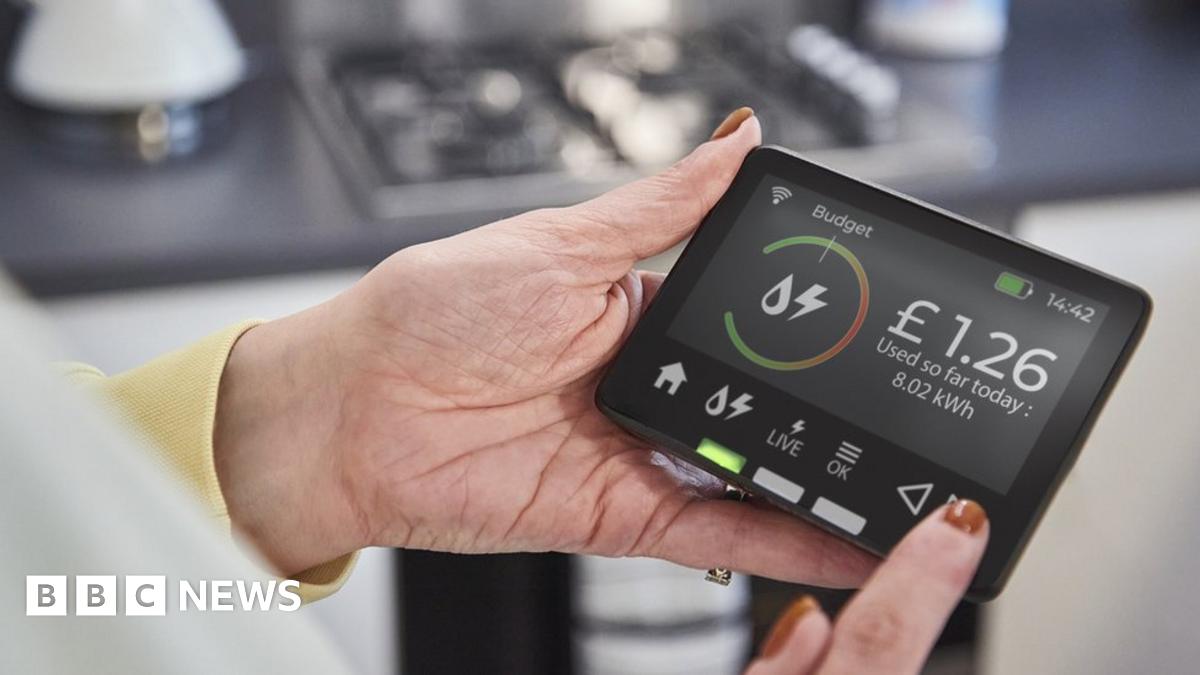
Why car ownership could soon be a thing of the past
Young professionals living in cities are at the heart of the transition



I've been forecasting this for years, and it's not just young professionals. The young in general in London have long ago given up any ambition of car ownership and its not just costs that have brought that about. It's having a good comprehensive public transport system, making a car a costly and unnecessary inconvenience. Here we have the lowest car ownership ratio in the country, despite being overall the wealthiest.
Why car ownership could soon be a thing of the past
Young professionals living in cities are at the heart of the transitionwww.telegraph.co.uk
EVs will account for less CO2 in its lifecycle because already half of our electricity is from renewables and more so in the future. I follow the progress of EV manufacturing from watching Australian Sam Evans' YT channel. They live in Thailand(?) and says that EVs sell very well in South East Asia. The Chinese make Tesla cars with gigapresses. Imagine 30% reduction in assembly time. Two third of the car comes off the gigapress in one go. The battery is now part of the chassis. The whole thing clearly shows that the old ways can't compete.The average CO2 emissions from a car are about 4.5 tons per year and the saving from a solar system is at least 5 tons per year from a 12 panel 5KW system. The difference in costs between the two types of vehicle would more than pay for the solar system.
It's all going to plan, but for sensible people, electric cars don't have the true cost you refer to. Buying one to sell it is simply stupid, people must learn that the entire market is radically changed by electric cars,There's something going on with the cost of running electric cars at the moment. Insurance is going up disproportionately and We Buy Any Car prices dropping like a stone. The McMaster's 2 year old Taican was valued at £53k in August, £51k middle of October, and £41k a week later. That's 70% devaluation in 2 years. I've got a feeling that the Luton fire might have something to do with it along with the general state of the economy and people waking up to the true cost of running electric cars.
If you could save all the CO2 from a car by using an EV, it still wouldn't be as much as from solar panels, so what you're saying is a bit moot.EVs will account for less CO2 in its lifecycle because already half of our electricity is from renewables and more so in the future. I follow the progress of EV manufacturing from watching Australian Sam Evans' YT channel. They live in Thailand(?) and says that EVs sell very well in South East Asia. The Chinese make Tesla cars with gigapresses. Imagine 30% reduction in assembly time. Two third of the car comes off the gigapress in one go. The battery is now part of the chassis. The whole thing clearly shows that the old ways can't compete.
When it comes to recycling, the dealership sells you a new battery and sells your old battery to a recycler. They either repair it (usually just a dud cell) or convert it to solar storage units.
We know the average wind speed. We know the theoretical maximum power you can extract from the wind. It's a simple calculation how much surface area you need to farm the energy from the wind, then compare that with the cost of the farming device.Airloom technologies claims that they can make electricity for 1.3 US cent per kwh from wind. Initial investment is about 250k USD for their kit. Do you believe that? Bill Gates apparently invested in it.
It does sound plausible though.

Thanks, I didn't know about that. They need to do something. It must be terrible for poor people to spend a week saving up £5 for the meter to get electricity, only to find that when they put it in, it only gives £1.50 - about enough for a quick shower.People can submit their views via email to StandingCharges@ofgem.gov.uk by 19 January.

Energy standing charges review after anger at rises
Standing charges are the cost of having a home connected to gas and electricity, but rises have been criticised.www.bbc.co.uk





